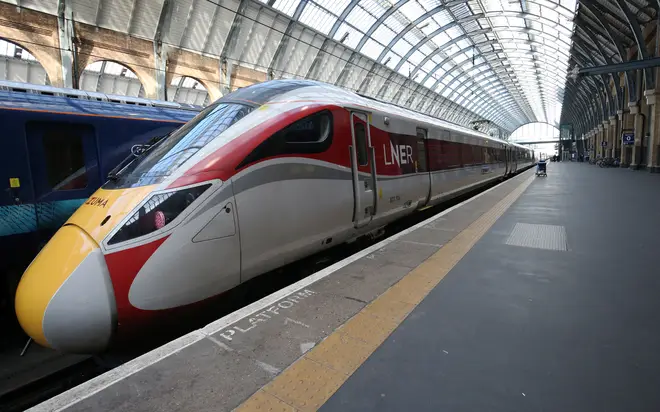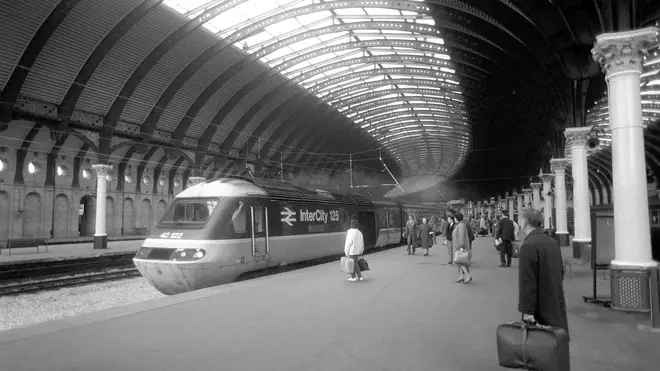
Tom Swarbrick 4pm - 6pm
21 August 2020, 09:02

Labour has stepped up its campaign to demand renationalisation of the railways following the announcement of another fares increase in the new year.
Many railway season ticket holders and commuters will see a 1.6% rise in fares from January despite a slump in passenger demand, angering campaigners and many commuters who could see a rise of up to £80 on their season tickets.
Shadow transport secretary Jim McMahon said analysis by Labour showed some commuters will be paying over £3,350 more to travel to work than in 2010 - a rise of 42%.
In a letter to transport secretary Grant Shapps, he said: "Why won't the Government negotiate with the rail franchise operators to bring them back in-house and run a network where profit isn't privatised? Where the sector can get the support it needs, and where passengers are put first?
"The Government recently extended the contract for the rail operator of last resort to run LNER. Labour has long argued that public ownership will provide better value for the taxpayer and for passenger, we welcome the Government conversion to this for this route."
Yet another increase in rail fares for commuters. On average, users have seen a 42% increase in fares since 2010. We need a rail service that operates in the interest of passengers, rather than for profiteering & private interests @ASLEFunion @TSSAunion @RMTunion pic.twitter.com/vqNJ6pU3ky
— Jim McMahon MP (@JimfromOldham) August 19, 2020
The party compared the costs on over 180 train routes between when January 2010 - the year the Conservatives came to power - and the projected new prices that will be implemented from January 2021.
It has opposed private ownership of the railways since the privatisation of British Rail began in 1994, and introduced government-owned franchises such as East Coast in the 2000s.
Mr McMahon added: "The publicly-owned East Coast that returned £1 billion to the taxpayer, during the final years of the Labour government before it was again privatised, showed that public ownership works. It showed a profit motive is not needed to run a rail network.
"LNER has again shown that publicly-owned providers can run a rail network. The current crisis has revealed the Government is not afraid of taking an active stake in the running of the network whole scale. Yet the Government is taking on all the risk and privatised out all the profit."

The operation of the East Coast Main Line - which has major routes between London, Leeds and Edinburgh - has been a struggle between private and state companies since its privatisation in 1996.
Ministers have taken back control of services on the line multiple times - from GNER in 2006, National Express in 2009 and Virgin Trains in 2018 - when the state-owned LNER took over.
The Government, however, has said that privatisation "turned around decades of neglect and decline" following unpopular publicly-owned British Rail services and has managed to double passenger numbers and draw billions in investment.
A Department for Transport spokesman added: "We are committed to reforming the rail industry to deliver the things passengers care about - more punctual services, better value fares and excellent customer service.
"We will provide an update in due course on our plans for fares from January."